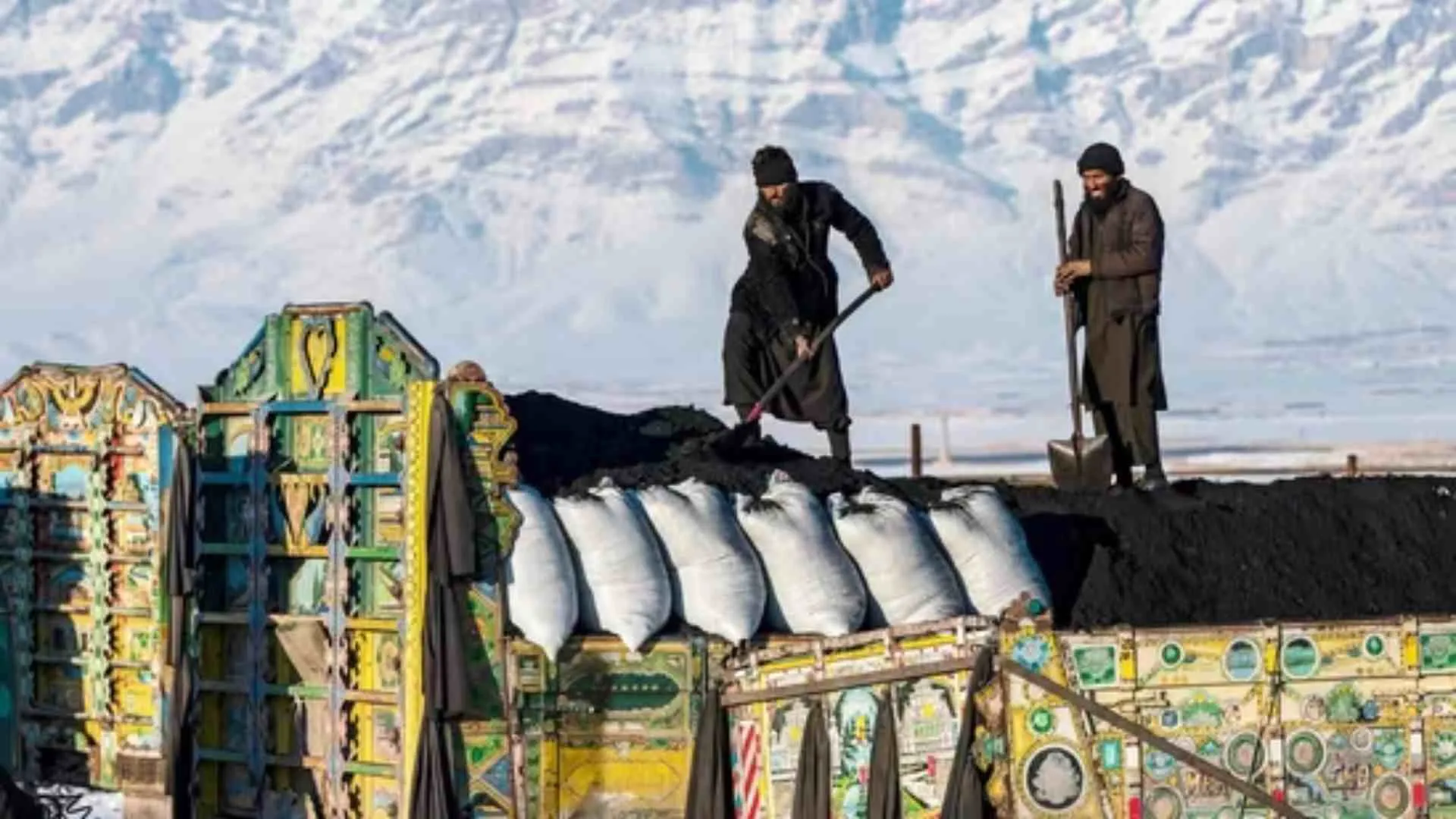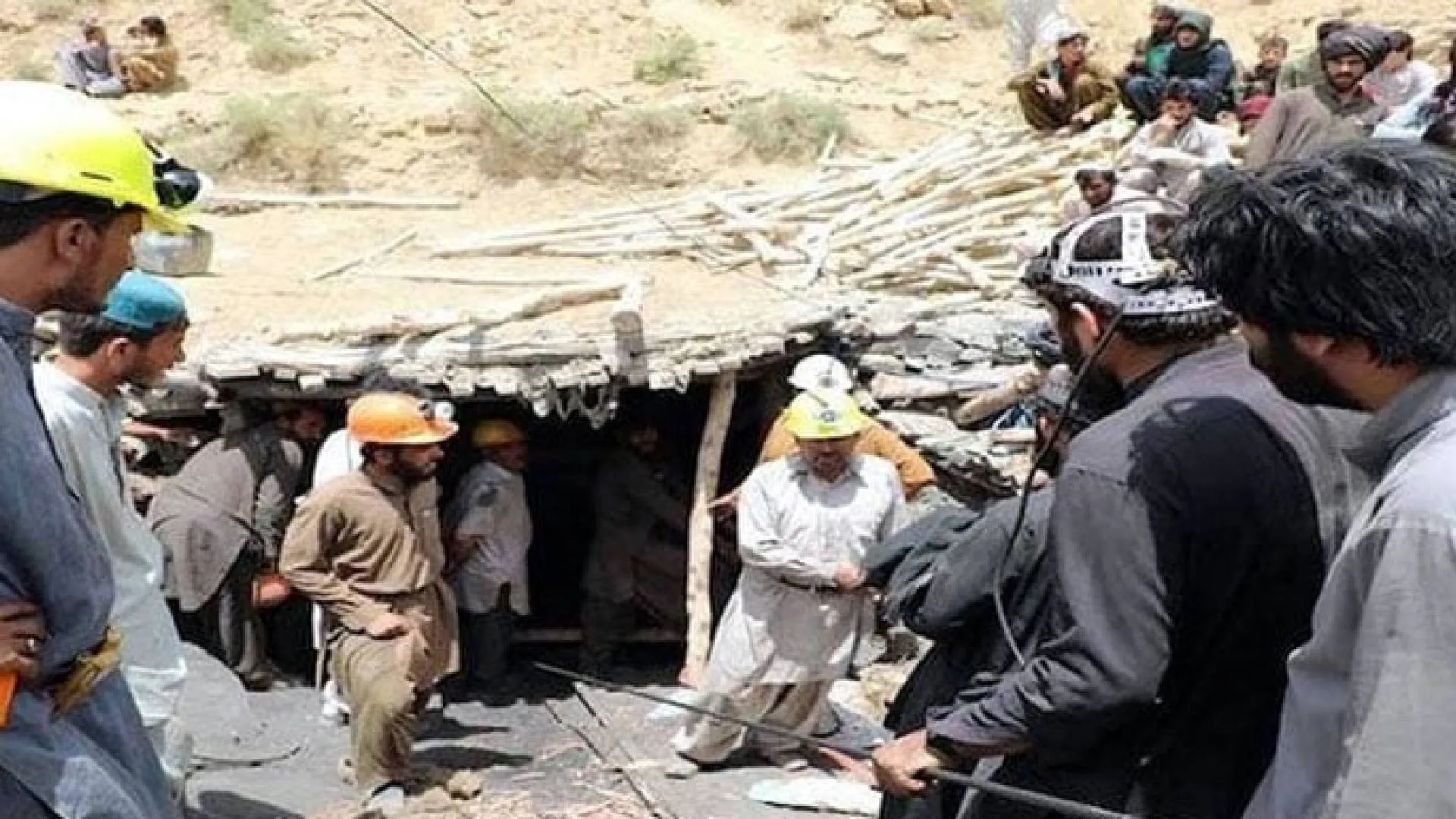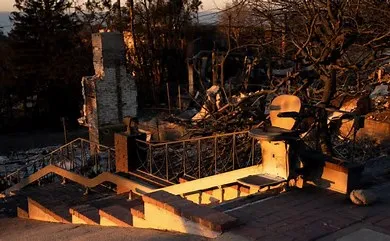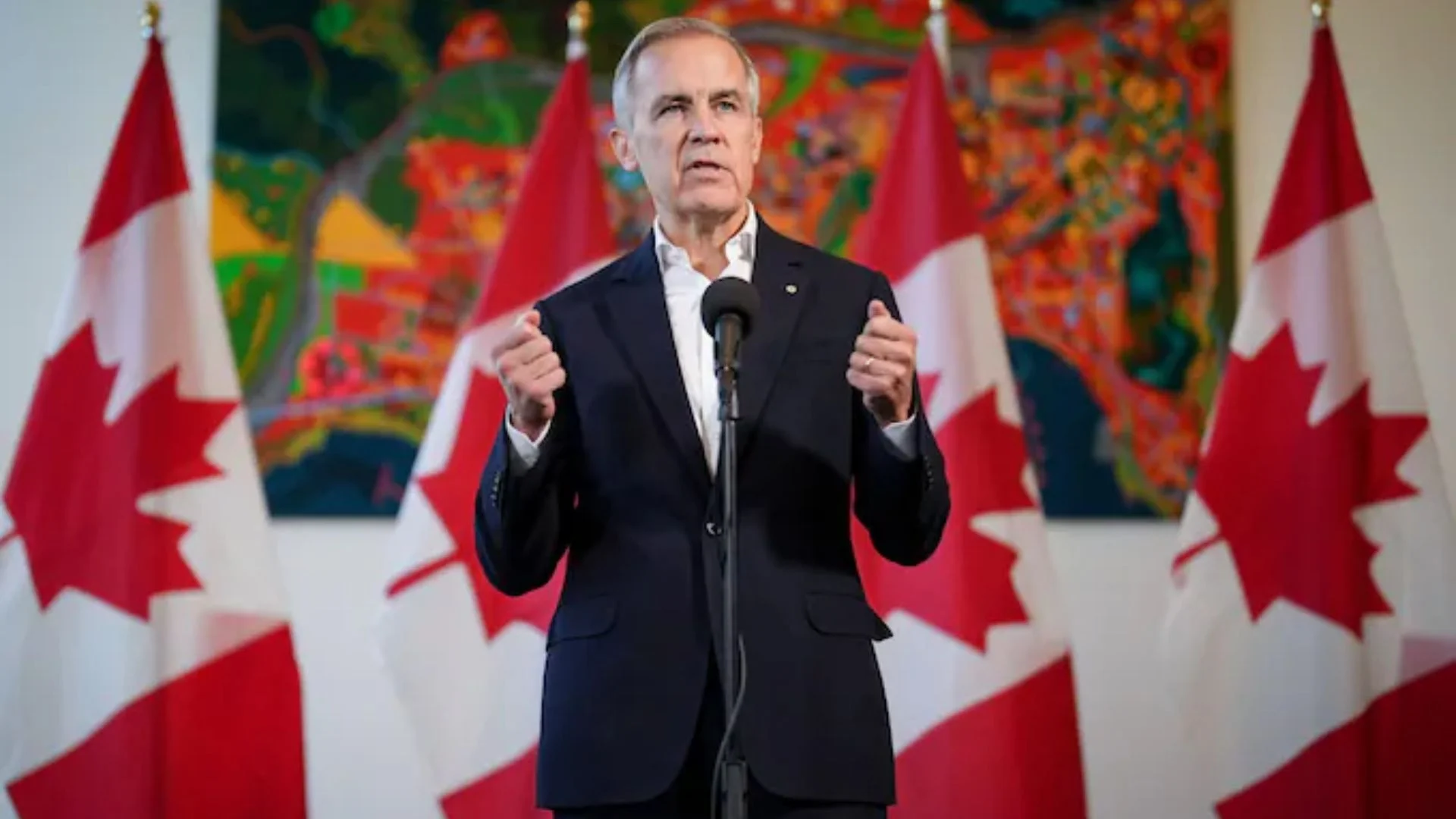Brazil has recorded unprecedented levels of rape and other forms of gender-based violence for the second year in a row, raising alarm among human rights advocates and experts. The annual report by the Brazilian Forum on Public Safety, released on Thursday, revealed a 6.5% increase in reported rape cases from the previous year, reaching a historic high of 83,988 incidents – equivalent to one every six minutes.
Impact of Far-Right Activism
The rise in gender-based violence occurs amid growing concerns over rightwing efforts to criminalize abortion for rape victims. A bill currently before the lower house of Congress seeks to penalize survivors who seek a termination, exacerbating the already dire situation for many women and girls.
Increases Across All Indicators of Gender-Based Violence
Every indicator of gender-based violence saw an increase in 2023 compared to the previous year. Reports of murder rose by 0.8%, sexual harassment by 48.7%, and stalking by 34.5%. In contrast, the total number of homicides fell for the sixth consecutive year, dropping by 3.4% from 47,963 in 2022 to 46,328 last year.
Effects of the Covid-19 Pandemic
Experts suggest the lingering after-effects of the Covid-19 pandemic may be contributing to the continued rise in gender-based violence. “Since 2021, the figures for violence against women have been increasing at an accelerated rate, and they’re much higher than in the pre-pandemic period,” said Samira Bueno, the forum’s executive director. She noted that tensions arising in domestic environments during the pandemic potentially exacerbated various forms of violence.
Racial and Age Disparities
The report highlighted significant racial and age disparities among rape victims. At least 52% of reported victims were black, where data was available. Children were dramatically overrepresented, with 61.6% of survivors aged 13 or younger, and 84.7% of these assaults were perpetrated by family members or acquaintances.
Controversial Legislation and Its Implications
Activists are particularly concerned about proposed legislation that would penalize women who undergo an abortion after 22 weeks, even in cases of rape. The bill, backed by supporters of former President Jair Bolsonaro, proposes prison sentences of up to 20 years for a termination, a penalty equal to that for homicide and longer than that for rape (up to 15 years).
Following an outcry from feminist and human rights movements, the legislation is currently dormant in the lower house. However, activists fear its revival and warn it would further victimize survivors of child sexual abuse. “Criminalizing the victim for a supposed ‘delay’ in having an abortion is yet another form of violence against these girls,” said Bueno.
Stalking: An Emerging Concern
The report also noted a 34% increase in stalking cases, with 77,000 incidents reported in 2023. Stalking, recognized as a crime in Brazil only in 2021, is often a precursor to other forms of violence, such as murder.
Calls for Legislative Change
Bueno emphasized the disconnect between Congress and the realities faced by the population, particularly women and girls. “Shouldn’t we be discussing how to support these victims?” she questioned. Despite a decrease in the total number of homicides, Brazil remains one of the world’s most dangerous countries for women and girls.
“Brazil has managed to reduce murders for another year, but it has also become much more unsafe for girls and women,” concluded Bueno, underscoring the urgent need for legislative and societal changes to address the escalating crisis of gender-based violence.























